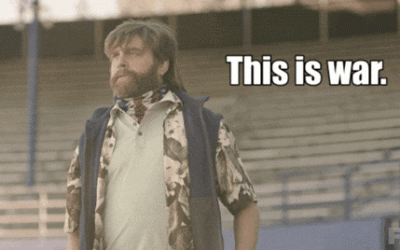Circle up. There’s big hype right now for developing circular economies for sustainable production. (Think mitigating climate change, feeding a growing population.) The folks at University of Illinois Urbana-Champaign developed a Circularity Index to measure how far we’re progressing on that goal.
Soundbite: “The traditional economic system is linear—we produce, distribute, use, and dispose of products. To increase sustainability, we need to develop a circular economy. Rather than just using natural resources, we must recover, reuse, and recycle waste materials.” — Yuanhui Zhang, study lead author and Department of Agricultural and Biological Engineering professor at U of I
U of I’s index gives a comprehensive method to quantify bioeconomic systems, which differs from most current studies that are mainly descriptive and do not measure impacts.
Say what? Yeah, that was a lot. Grab your coffee. The researchers give a step-by-step outline of Circularity Index (CI) in the paper. It measures circularity on a scale from 0 to 1, zero meaning the system is completely linear, and 1 meaning it is completely circular. CI includes eight categories: recover, remake, reuse, take, make, distribute, use, and dispose.
Example, please? Sure thing. Researchers have applied CI to a corn/soybean operation, looking at nitrogen cycles over eight years while using two different fertilizer treatments. They also applied CI to the entire U.S. food and agriculture system with a focus on energy use.
Big Money for Climate Smart
Big money, big money. The USDA is providing a big check—to the tune of $7.7B—for conservation...
Candidates’ Big Talk, Ag’s Trade War Worries
Ahead of the presidential election, economists and lawmakers are hoping their crystal...
Farmer Blues Show in Economic Gauge
Feeling blue about the ag economy? You’re not alone. Reaping frustration: Farmer sentiment is in...




